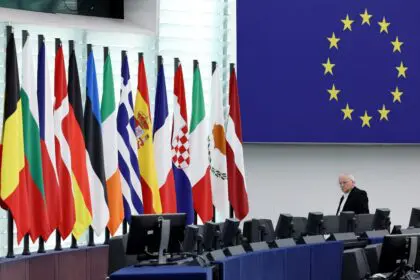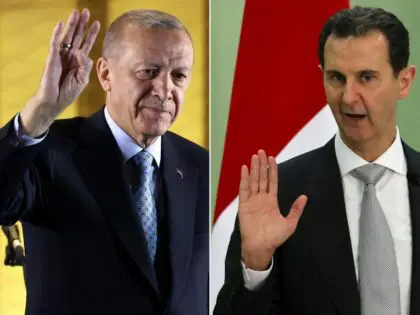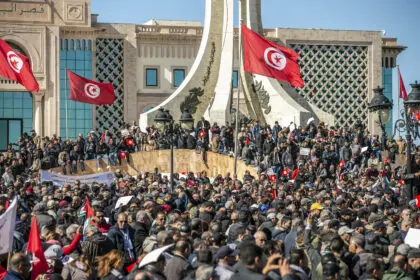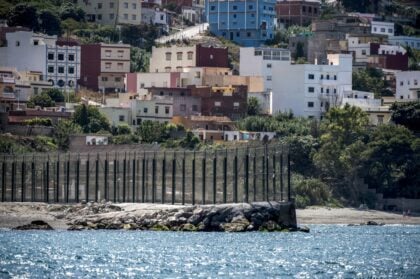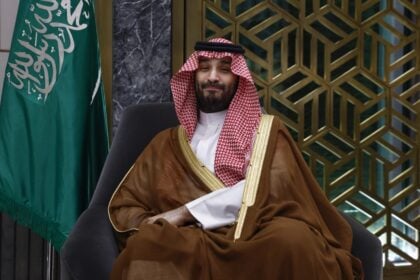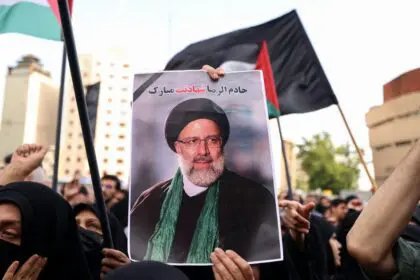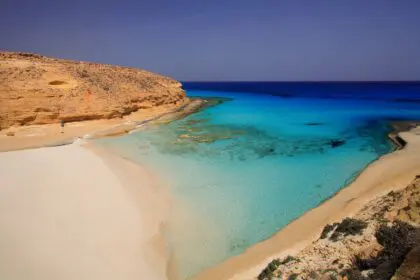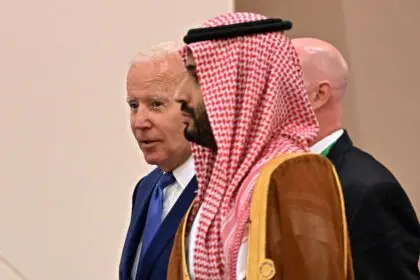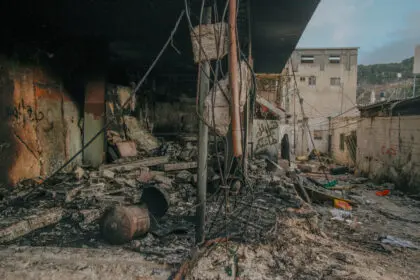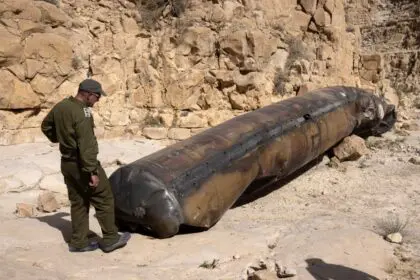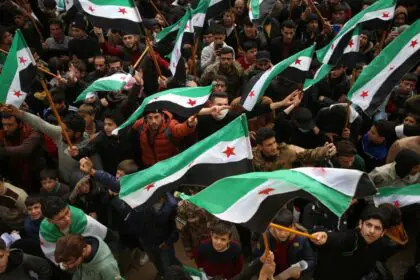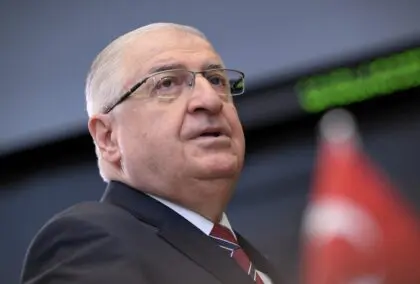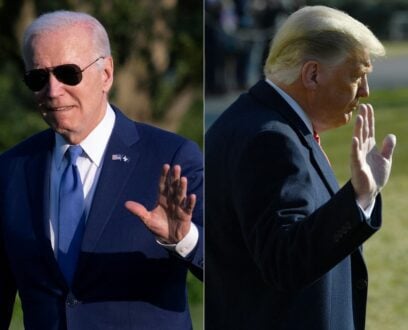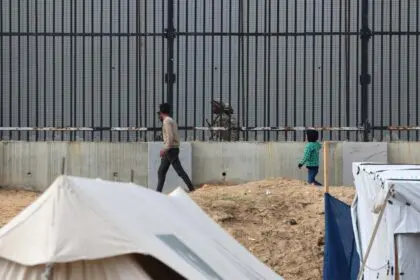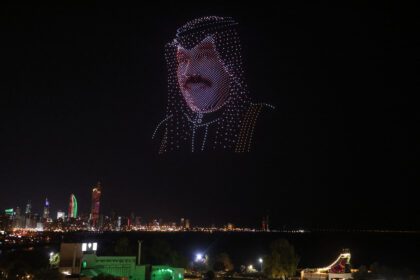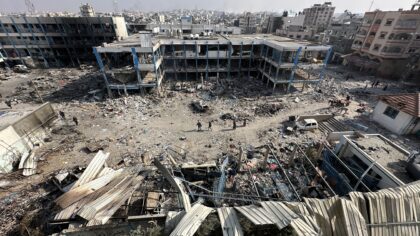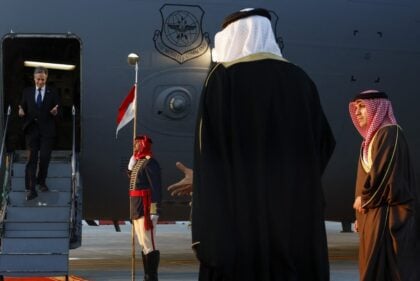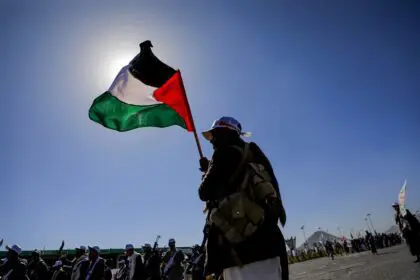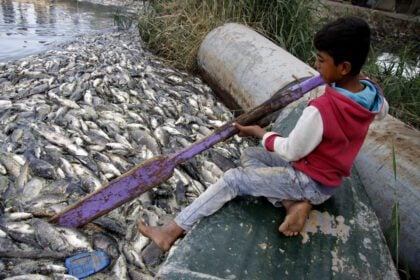
Introduction
The Middle East is the cradle of civilizations, more than 6000 years ago BC. In this part of the world, people knew the methods of cultivation and domestication that freed them from the need to travel in search of food, such as hunting and gathering fruits. It was in it that the first stable societies and the first forms of government were formed. Because of its climate with mild and humid winters, and long, hot, and dry summers.
Between 4000 and 3000 BC, the first cities – particularly Sumer – began to appear in the southern part of the fertile region between the Tigris and Euphrates.
The Middle East is a geographical region with great importance in history, since ancient times, as a strategic location. It is a natural land bridge connecting the continents of Asia, Africa, and Europe. It was the site of some of the world’s oldest civilizations. It witnessed the rise and fall of many kingdoms and empires, among them the Egyptians, the Hittites, the Babylonians, the Assyrians, and the Persians, which included their great contributions to human civilization. It was also the cradle of three great religions (Judaism, Christianity, and Islam).
In recent decades, the Middle East has become more important than ever, thanks to its vast reserves of oil, gas, and other natural resources.
For all this, the Middle East region remained a fortune for the great powers afterward. The twentieth century witnessed the Sykes-Picot Agreement of 1916 CE, which worked to divide the Ottoman Empire and divide it into British and French areas of control and influence.
Although the countries of the region gained complete independence in the second half of the twentieth century, whether through bilateral agreements to evacuate colonialists or bloody revolutions, the Middle East rich in wealth has always remained a focal point for pumping natural resources into the arteries of the global economy. Therefore, it remained the focus of attention and follow-up of the great powers and emerging economies, influencing it and being affected by it.
It is no secret that most of the region’s policies and strategic directions are planned and defined in the kitchens of the world’s major powers.
The Middle East witnessed many events during the second decade of the second millennium that cast their shadows on the international arena from its east to its west and tempted some forces to enter forcefully to extend their influence over the region.
Russia has returned once again to the Middle East and is close to regaining the status it was in until 1973 when Egyptian President Anwar Sadat changed allegiance from the Soviet Union to the United States of America.
The US-Iranian relations cast a shadow over the region after the United States tightened its siege on the Iranian regime by imposing a series of sanctions that prevented the development of its nuclear program and worked to limit its expansion in the region.
Some Arab countries are joining the United States in confronting Iranian plans, by normalizing relations with the State of Israel, despite the United States ’recognition of Jerusalem as the capital of the Hebrew state and the legitimacy of the settlements, in violation of international legitimacy decisions and international law.
As a result of what has been termed creative chaos, the European continent suffers from an influx of refugees from the Middle East and illegal immigration from North Africa.
The waves of the Arab Spring that began in 2011 have lured the People’s Republic of China to stop standing idly by, while the region descends into a state of chaos, which may pose a direct threat to Chinese interests, especially the flow of natural and financial resources to it (imports of oil, raw materials, and exports of goods).
This and more was covered by Fanack, in special files on international affairs in the Middle East.
Latest International Affairs Publications
Below are the latest articles related to International Affairs. Please check the side navigation menu to learn more about specific Middle-Eastern and North-African affairs.


